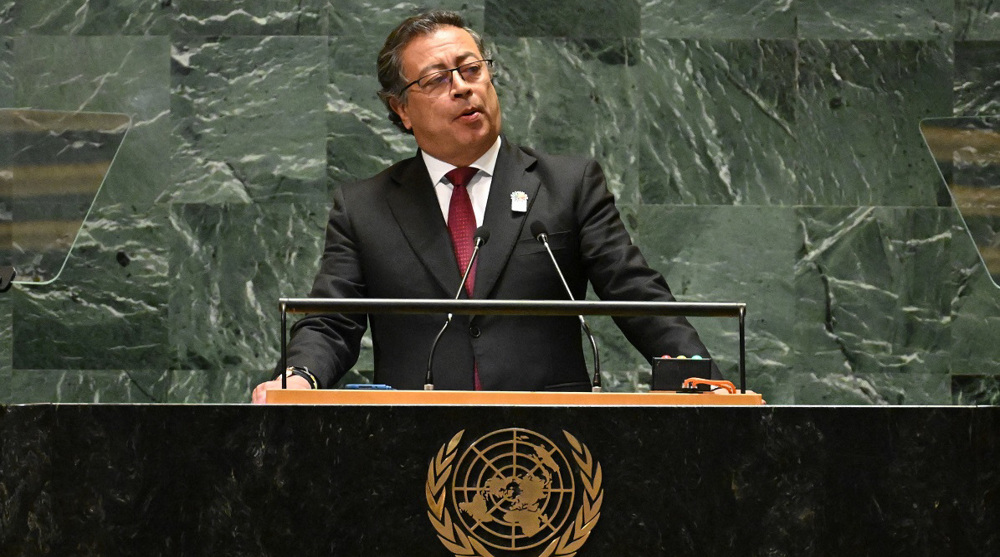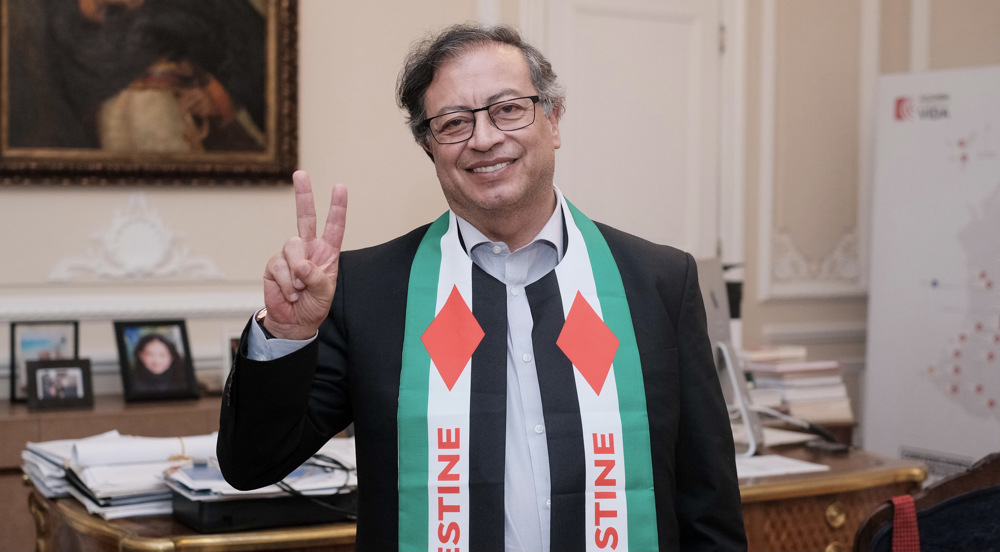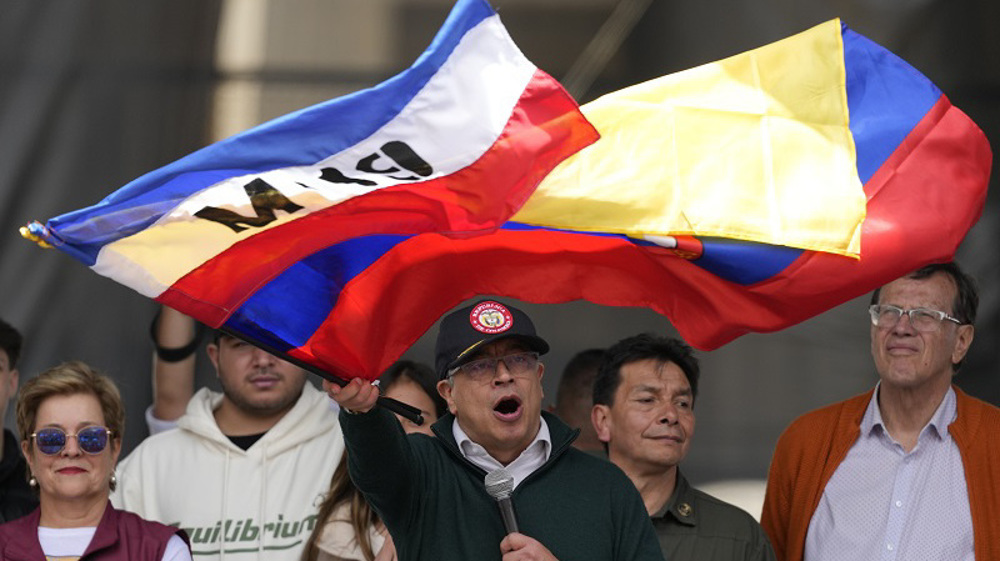Colombian president vows to save peace deal
Colombian President Juan Manuel Santos has pledged to save a landmark peace deal with FARC rebels after voters rejected it in a referendum which shocked many people across the nation.
In a televised address, Santos said he had asked the government's chief negotiator to begin discussions with the opposition on changes to the peace deal in order to reach an agreement.
Santos's top political rival, former president Alvaro Uribe, led the "No" campaign. His right-wing Democratic Center party wants jail terms for FARC rebels who committed serious crimes and some of rebel leaders to be banned from politics.
The president called an emergency meeting with leaders of the country's political parties after Sunday's shock referendum defeat. But Uribe refused to attend the session.
A visibly crestfallen Santos said the meeting would seek "common ground and unity" in order to "realize the dream of every Colombian to end the war with the FARC."
He called on chief negotiator Humberto de la Calle, who had earlier offered his resignation, to "begin discussions as soon as possible addressing all the necessary issues to have an agreement."
The Revolutionary Armed Forces of Colombia also said they would maintain their ceasefire put in place over a year ago and "remain faithful" to the peace accord signed last week with the government.
FARC leader Rodrigo Londono said in a video from Havana that the Marxist guerrillas remained committed to the ongoing ceasefire and that they were prepared to "fix" the rejected deal.

Meanwhile, UN Secretary General Ban Ki-moon "urgently" sent his Colombia envoy to Havana, where the four-year talks have been held, for new consultations.
The peace deal was signed last week, formally ending 52 years of bloody armed clashes that that has claimed more than 260,000 lives and left 45,000 missing.
The peace deal had been hailed as historic but many Colombians resented the bloodshed by the Marxist guerrillas and the lenient punishment the deal meted out for their crimes.
The deal has broadly split the country where the Marxist group exerts notable influence across some poverty-stricken areas. Voters rejected the agreement by a narrow margin, with a turnout of just over 37 percent.
Santos, however, said, “With the will for peace from all sides, I am sure we can reach satisfactory solutions for everyone soon.”
Protest in favor of the deal
Commentators compared the result's effect to June's surprise "Brexit" vote for Britain to leave the European Union.
On Monday, hundreds of students took to the streets in the capital Bogota to express their dissent over the result of the referendum. They chanted in support of the deal and slammed its critiques, particularly Uribe.

Under the deal, the government is obliged to engage in an aggressive land reform, overhaul its anti-narcotics policies, and undertake development programs in neglected rural regions. It also offers small political movements to participate in politics.
In return, FARC will help dismantle drug plantation and trafficking, and withdraw its 7,000 fighters from their jungle and mountain hideouts and relocate them into UN disarmament camps.
European carmakers warn against EU-US trade war
Biden's 'empty threats' let Israel get away with carnage: US journalist
Pro-Israel judge to replace Lebanon's new PM as ICJ head
VIDEO | Press TV's news headlines
VIDEO | Israel turns Netzarim Corridor into a death trap
VIDEO | Gaza ceasefire: People express mixed feelings in Khan Yunis
VIDEO | California wildfire havoc: People concerned over housing shortage
Gaza ceasefire and the enduring lessons of honor, sacrifice and victory













 This makes it easy to access the Press TV website
This makes it easy to access the Press TV website